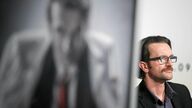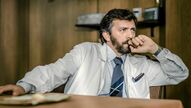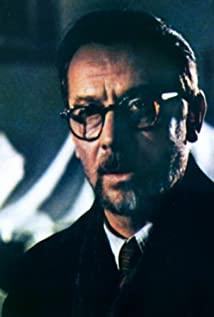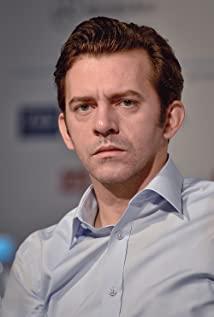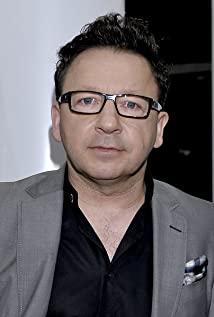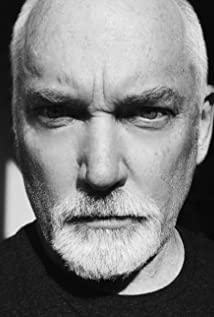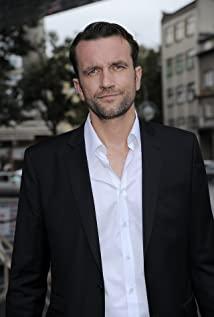This is a film about the story of the famous Polish cardiac surgeon Zbigniew Religa (Zbigniew Religa). Since I am not Polish, I can't produce much emotion for this movie, but in the process of watching the movie, I still found some general problems worth thinking about, especially technology and humanity.
Lei Lijia wanted to carry out a heart transplant in Poland, but it was difficult. The focus of the film's depiction of this is not on technology, but on ethics. Therefore, in the film, Lei Lijia becomes a kind of person who challenges the rules of the game, and is always not understood by others. In Poland, the heart is a "sacred relic", and heart transplantation belongs to the "fuzzy category of ethics." Don't dare to get involved in this field; and the medical ethics committee is made up of a group of pedantic and old people who resist heart transplants, let alone allow him to experiment with people. Not only can he not get the support of professionals, he can only get "suspicion" even from ordinary people, because once the heart has a big problem, it is a matter of life and death. In Poland it is a problem of "god", a heart. How do surgeons compete with "God"? Therefore, comforting words such as "You can't force someone's life or death, and the heart won't listen to you" are always testing his patience and will. In addition, once the operation fails or the operation does not achieve the expected results, Lei Lijia will have to deal with accusations from the media. They believe that he is experimenting with human lives in order to be "famous", and even the government directly issued an order to him not to be repeated. The notice of the experiment: "Lei Lijia, you are not God, don't continue to kill, your ambition has blinded your conscience." The official order is full of such strong ethical condemnation, it is conceivable that Lei Lijia carried out How stressful is the heart transplant operation?
Although there are many difficulties, he is not alone. He has a good team, loyal teammates, and Professor Jan Moore, the pioneer of heart transplant surgery in Poland. Amid the condemnation of "the rain is coming and the wind is all over the building", Professor Moore publicly supported him in the media: "If you don't move forward with the courage to innovate, you can only stand still." Although such support is precious, But it can't solve Lei Lijia's real problem. The biggest difficulty or pain Lei Lijia encountered was that he had to endure the torture of patients who died under his scalpel. Although "people who subvert the rules of the game can get happiness", for a doctor with a conscience, this is really not applicable, because every time he encounters an operation failure, even if it is not his fault, he will drink Get drunk too much. This is a condemnation of conscience, and every condemnation may become the source of his fear of using the knife again. Although the film does not portray this aspect of Lei Lijia, the vicious circle of fear should be reasonable.
The person who knew this and really helped him solve this problem was still Professor Jane Moore. He only asked Lei Lijia’s question when he was dying. Perhaps Professor Moore had been waiting for him to wake up, but there was no time. Professor Moore asked him to know that the question was there. All Lei Lijia’s answers were technical. There are also ethical aspects, all of which were denied by him. Finally, he said: "This is about human nature. For doctors, success and failure are equally difficult. Doctors should be full of human nature." It seems that a single word wakes up the dreamer, Lei Lijia I immediately went to the little girl Ivuka’s mother to apologize. Although Ivuka’s death was not his fault, and the deceased’s mother seemed to understand this, she still appreciated the belated apology, because she said, “It’s God’s freedom. Arrange it!" This relieved Lei Lijia. This is human nature. A benevolent doctor knows that an apology can have awe of life; if there is an apology, there can be forgiveness, and if there is forgiveness, the heart can be free. Sure enough, Lei Lijia's next heart transplant operation made a huge breakthrough. He successfully helped the fourth patient to survive for 7 years.
Professor Moore pointed out the topic of "technology and human nature", which is actually a major ethical question, that is, what kind of technology is human, and how to implement technology to be human? A member of the Medical Ethics Committee seems to answer this question: “Will you be willing to do experiments on a child? I don’t know why you, a cardiologist, think you are God.” In other words, if you have God With a kind heart, you can operate this technology even if it is aimed at a child. Obviously, the technology itself is not the problem, the problem still lies with people. (Author: Planting Flowers on Slate, please repost with the author and keep the article intact, May 5, 2015)
View more about Bogowie reviews




